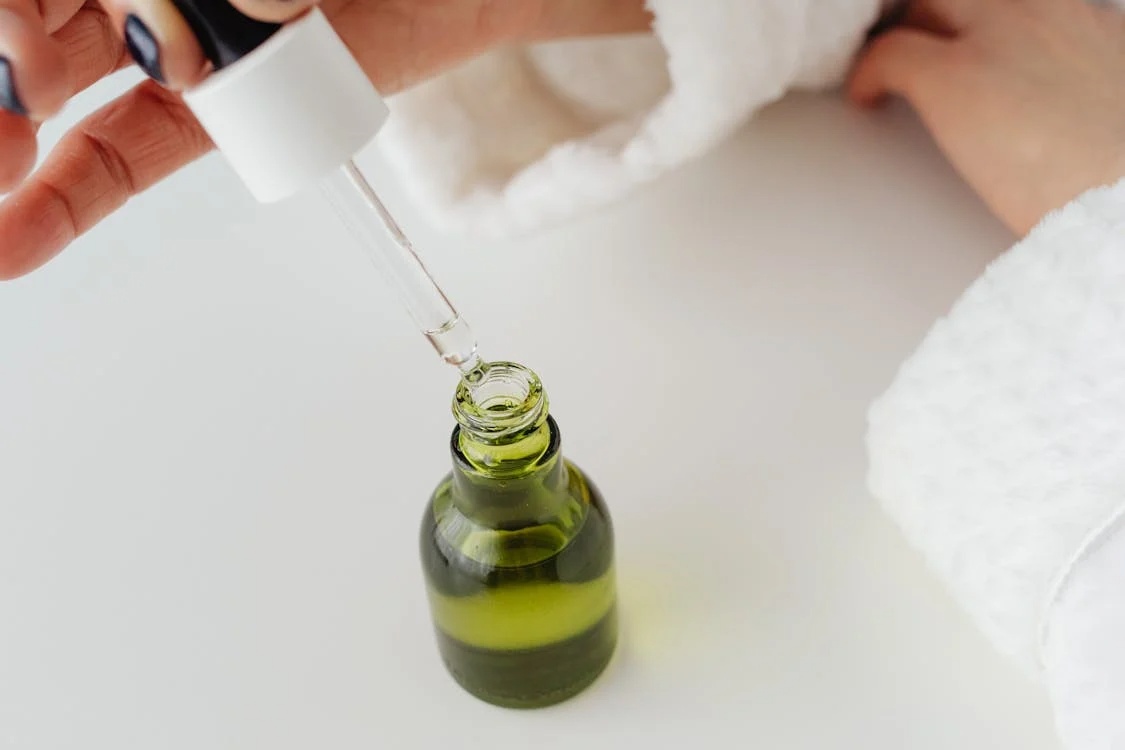A Beginner’s Guide to Peptides: Types, Benefits, and Applications
Peptides have gained significant attention in recent years, especially in the fields of health, wellness, and skincare. These small chains of amino acids are often referred to as the building blocks of proteins. Their unique properties and functions from Mrpeptides.net make them a subject of interest for researchers and consumers alike. This guide aims to provide a comprehensive overview of peptides, exploring their types, benefits, and various applications.
What Are Peptides?
Peptides are short chains of amino acids linked by peptide bonds. They are smaller than proteins, typically consisting of 2 to 50 amino acids. The human body naturally produces peptides, which play a crucial role in various biological functions. They act as signaling molecules, influencing processes such as hormone regulation, immune response, and cell communication.
Types of Peptides
Peptides can be classified into several categories based on their origin, structure, and function. Here are some common types:
- Signal Peptides: These peptides direct the transport of proteins to specific destinations within the cell.
- Neuropeptides: Found in the nervous system, they act as neurotransmitters or neuromodulators.
- Antimicrobial Peptides: These peptides have the ability to destroy bacteria, fungi, and viruses, playing a role in the immune system.
- Hormonal Peptides: Examples include insulin and glucagon, which regulate blood sugar levels.
- Structural Peptides: Collagen peptides fall into this category, contributing to skin elasticity and joint health.
Benefits of Peptides
The benefits of peptides are diverse, impacting various aspects of health and wellness. Here are some notable advantages:
Skin Health
Peptides are widely used in skincare products due to their ability to promote collagen production. Collagen is a protein that maintains skin elasticity and firmness. By stimulating collagen synthesis, peptides can help reduce the appearance of wrinkles and fine lines. A study published in the “Journal of Cosmetic Dermatology” found that topical application of peptides improved skin hydration and reduced signs of aging.
Muscle Growth and Repair
Peptides such as growth hormone-releasing peptides (GHRPs) are popular among athletes and bodybuilders. They stimulate the release of growth hormone, which aids in muscle growth, repair, and recovery. Research indicates that GHRPs can enhance muscle mass and strength, making them a valuable tool for those engaged in intense physical training.
Weight Management
Certain peptides have been shown to influence appetite and metabolism. For instance, peptide YY (PYY) is known to reduce appetite, potentially aiding in weight management. Studies suggest that PYY levels increase after eating, signaling fullness and reducing food intake.
Immune System Support
Antimicrobial peptides play a vital role in the body’s defense against pathogens. They can neutralize harmful microorganisms, reducing the risk of infections. Research in “Nature Reviews Immunology” highlights the potential of antimicrobial peptides as therapeutic agents in treating infections and boosting immune function.
Applications of Peptides
Peptides find applications in various industries, from medicine to cosmetics. Here are some key areas where peptides are utilized:
Medical Applications
In medicine, peptides are used in the development of drugs for conditions such as diabetes, cancer, and cardiovascular diseases. Insulin, a peptide hormone, is a well-known treatment for diabetes. Peptide-based drugs are also being explored for their potential in targeted cancer therapies, offering a more precise approach to treatment.
Cosmetic Industry
The cosmetic industry extensively uses peptides in anti-aging products. Peptides like palmitoyl pentapeptide-4 are incorporated into creams and serums to enhance skin texture and reduce wrinkles. The global peptide-based cosmetics market is projected to grow significantly, driven by increasing consumer demand for effective skincare solutions.
Sports and Fitness
In the sports and fitness sector, peptides are used to improve performance and recovery. Athletes often use peptide supplements to enhance muscle growth and reduce recovery time after workouts. The use of peptides in sports is subject to regulation, with some peptides being banned in competitive sports due to their performance-enhancing effects.
Agriculture
Peptides are also being explored in agriculture for their potential to improve crop yield and resistance to pests. Research is ongoing to develop peptide-based pesticides that are environmentally friendly and effective in protecting crops from diseases and pests.
Case Studies and Statistics
Several studies and statistics highlight the growing interest and potential of peptides:
- A study published in “Molecular Therapy” demonstrated the effectiveness of peptide-based vaccines in eliciting strong immune responses against infectious diseases.
- The global peptide therapeutics market was valued at approximately $23 billion in 2020 and is expected to reach $50 billion by 2027, according to a report by Grand View Research.
- Research in “The Journal of Clinical Investigation” showed that peptide-based treatments could significantly reduce tumor growth in animal models of cancer.
Conclusion
Peptides offer a wide range of benefits and applications, from enhancing skin health to supporting muscle growth and immune function. Their versatility and potential have made them a focal point of research and innovation across various industries. As our understanding of peptides continues to evolve, they are likely to play an increasingly important role in health, wellness, and beyond.
